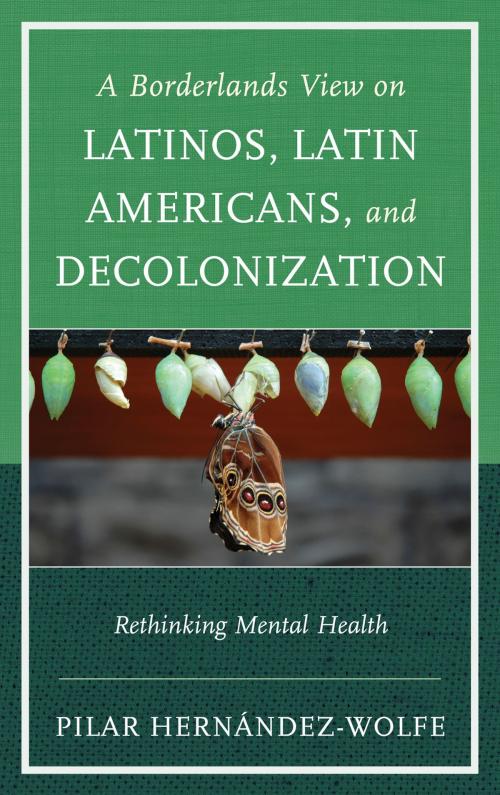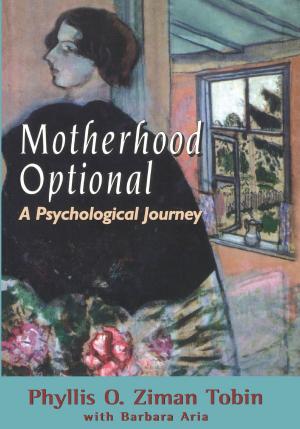A Borderlands View on Latinos, Latin Americans, and Decolonization
Rethinking Mental Health
Nonfiction, Health & Well Being, Psychology, Counselling, Mental Health| Author: | Pilar Hernández-Wolfe | ISBN: | 9780765709325 |
| Publisher: | Jason Aronson, Inc. | Publication: | February 14, 2013 |
| Imprint: | Jason Aronson, Inc. | Language: | English |
| Author: | Pilar Hernández-Wolfe |
| ISBN: | 9780765709325 |
| Publisher: | Jason Aronson, Inc. |
| Publication: | February 14, 2013 |
| Imprint: | Jason Aronson, Inc. |
| Language: | English |
Latinos in the U.S. and Latin Americans are a combination of diverse populations that differ on a range of factors including, length of time in the country, migration background, ethnicity, geographical location, socio-economic status and so on. The reader will find perspectives of those of us who live in the borderlands—that is, those of us whom Gloria Anzaldúa identified as Mestiz@s, who inhabit the intersticios, the spaces in between souls, minds, identities, and geographies. This book assists new generations of Latino/as and of those involved in Latino Culture and Latin America in understanding how the colonization of the Americas is still tied to current issues of migration from the South to the North and how mental health practices have been maintained, emerged and created out of the wound of coloniality. It offers a rich and alternative foundation for approaching trauma, identity, and resilience through the integration of a decolonization paradigm, borderlands theory, and social justice approaches in couple and family therapy.
Latinos in the U.S. and Latin Americans are a combination of diverse populations that differ on a range of factors including, length of time in the country, migration background, ethnicity, geographical location, socio-economic status and so on. The reader will find perspectives of those of us who live in the borderlands—that is, those of us whom Gloria Anzaldúa identified as Mestiz@s, who inhabit the intersticios, the spaces in between souls, minds, identities, and geographies. This book assists new generations of Latino/as and of those involved in Latino Culture and Latin America in understanding how the colonization of the Americas is still tied to current issues of migration from the South to the North and how mental health practices have been maintained, emerged and created out of the wound of coloniality. It offers a rich and alternative foundation for approaching trauma, identity, and resilience through the integration of a decolonization paradigm, borderlands theory, and social justice approaches in couple and family therapy.















